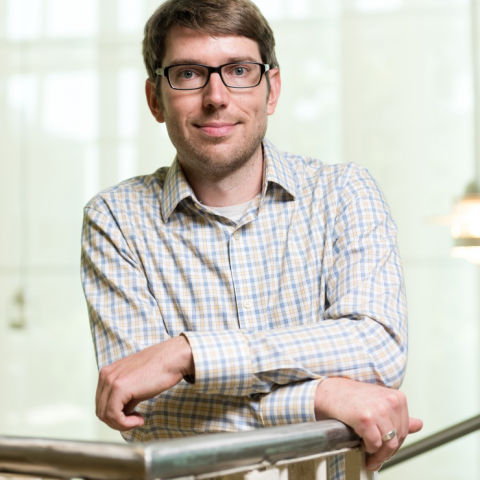
I am an evolutionary biologist broadly interested in the evolution of complex life. My Ph.D. training focused on the evolutionary stability of cooperation in the legume-rhizorium symbiosis. Here I developed new experimental methods to study how among-organism genetic conflict arises and can be mitigated. A similar evolutionary tension lies at the heart of all key events in the origin of complex life, termed the ‘Major Transitions in Evolution’: namely, how do new organisms arise and evolve to be more complex without succumbing to within-organism conflict? Studying the early evolution of multicellular organisms has been particularly difficult because these transitions occurred deep in the past, and transitional forms have largely lost to extinction. As a postdoc, I circumvented this constraint by creating a new approach to study the evolution of multicellularity: we evolved it de novo. Since founding my own research group at Georgia Tech in 2014, I have combined this approach with mathematical modeling and synthetic biology to examine how simple clumps of cells evolve into multicellular organisms. Our research has shown how classical constraints in the origin of multicellularity — e.g., the origin of life cycles, multicellular development, cellular differentiation, and cellular interdependence — can be solved by Darwinian evolution. At home, I raise two kids on a hobby farm (really just a big garden) with bees, chickens, rabbits, goats, a dog, and lots of edible plants.
